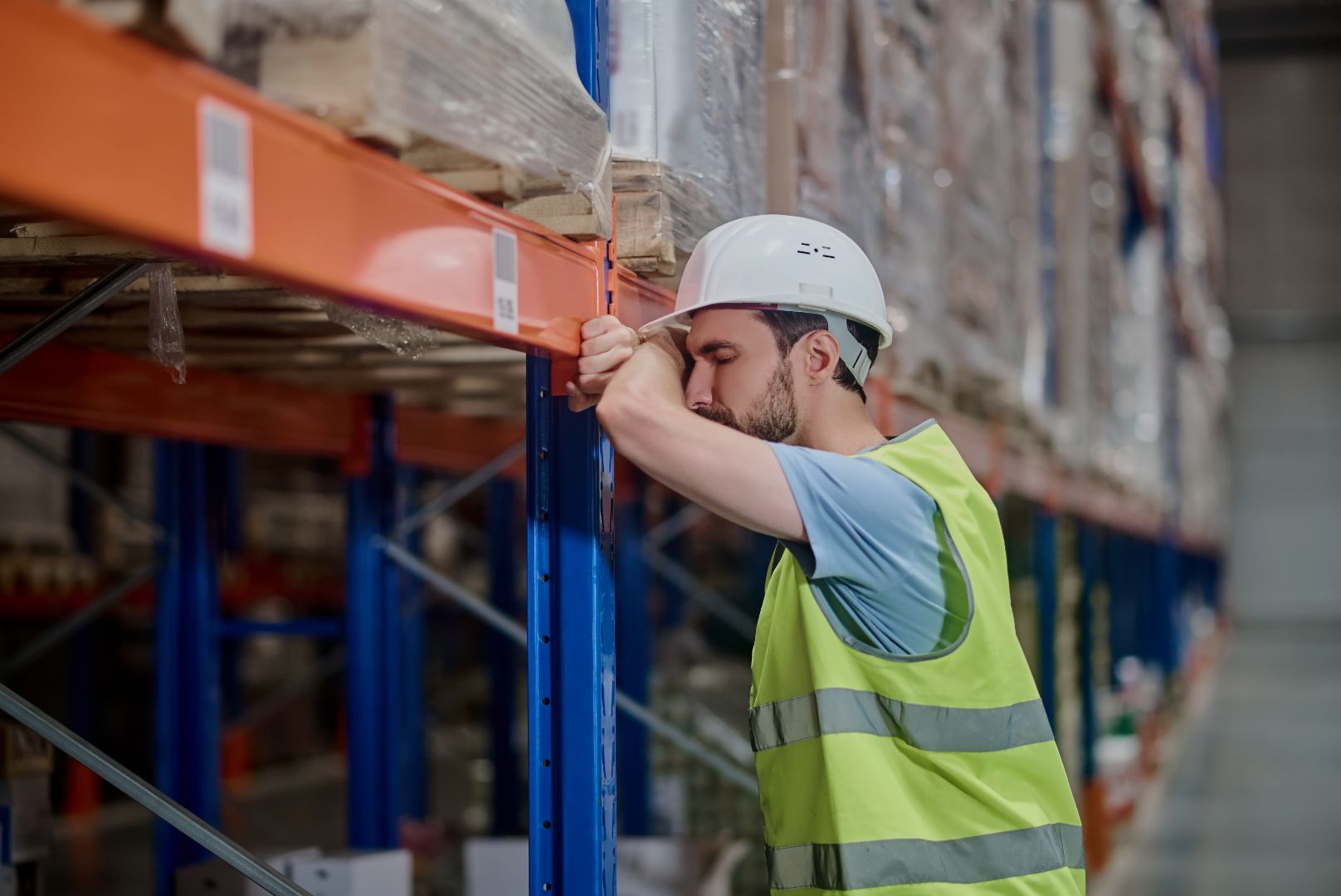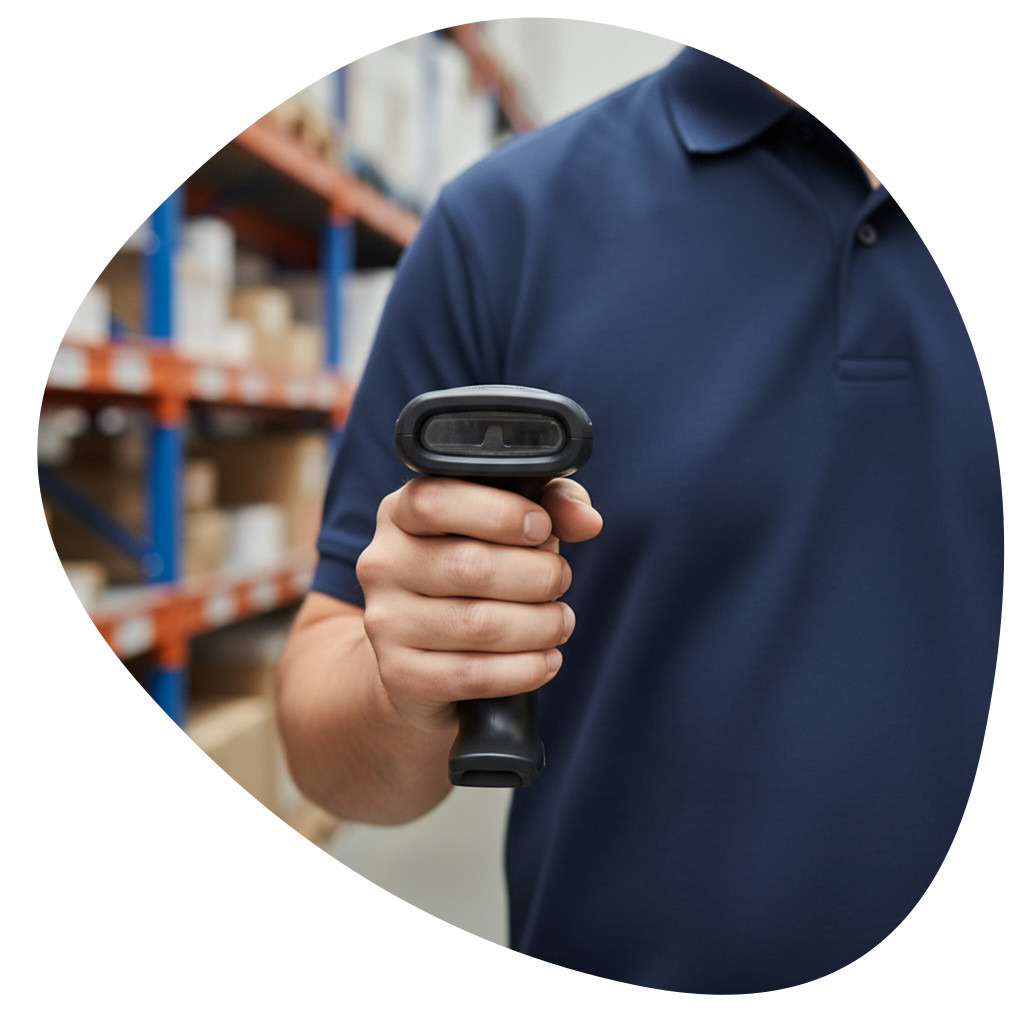5 Inventory Management Mistakes to Avoid in 2026
Balance sales growth with inventory management excellence. Learn about proper handling of inventory to avoid overselling, improve profitability and manage your business proactively.
Xero, Everything You Need to Know: Accounting & Inventory Management
Discover how Xero streamlines accounting for businesses by connecting to inventory management software. Compare features, pricing, integrations, and more.
Top 10 Tips for Multichannel Inventory Management in 2026
Global ecommerce revenue is projected to reach US$3.66 trillion in 2025 and grow to US$4.96 trillion by 2030 (a 6.29% CAGR), which means more orders, more channels, and a lot more room for things to break if your operations aren’t tight. At the same time, there are 150+ ecommerce marketplaces worldwide with over 1M monthly…


Is It Time to Upgrade Your Retail Technology? 5 Key Signs
When many small businesses start out, they purchase inexpensive software that addresses their most pressing needs. As these businesses grow, they often find that their tech stacks are no longer sufficient to support their current operations and future expansion. Outdated tools can hold your business back and even turn customers away. Studies show that small…
Xero Warehouse Management System: Integration Solutions for Inventory Control
Xero warehouse management system insights start here; learn how merging Xero’s accounting with mobile WMS tools brings bin-level visibility, live stock, and quick fulfillment. The guide exposes native limits, key upgrade payoffs, traces PO-to-COGS flows, lists setup steps, and proves ROI so you can scale ecommerce, wholesale, or 3PL ops, cut errors, and escape spreadsheet chaos. Enjoy clarity, speed, and customer satisfaction every single day
WMS ROI Calculator: Measure the Value of Your Warehouse Management System
WMS ROI calculator empowers growing warehouses to turn manual headaches into measurable gains. This concise guide shows you which labor, inventory, and error metrics to capture, how to compare online calculators versus Excel models, and why payback periods under 18 months are realistic. Avoid hidden costs, validate benefits quarterly, and build a data-driven case that wins leadership approval. Discover scanning tips that heighten accuracy daily.
WMS Implementation Guide: Steps, Costs, and Best Practices for Success
WMS implementation moves 2-50 person warehouses from spreadsheet chaos to barcode accuracy. This concise guide covers discovery, setup, testing, training, budgeting, and cut-over, flagging hidden costs and key KPIs. Learn to lift inventory accuracy to 99%, drop pick errors below 0.5%, and use live dashboards for faster decisions, lasting growth, and smooth cloud links for ecommerce, retail, and 3PL teams seeking simple, scalable ops excellence.
WMS ERP Integration: Benefits, Best Practices & Implementation Guide
wms erp integration gives growing sellers instant inventory accuracy, ends double entry, and lights up clear financial insight. This guide breaks down basics, benefits, and practical ways to link systems without heavy IT fuss. See how real-time data boosts picking speed, stops oversells, and powers smart forecasting. Follow proven steps, avoid common traps, and future-proof your warehouse today with agile, scalable tools for competitive edge.
What is WMS? Warehouse Management System Explained
Curious what is wms and how it can rescue your warehouse from slow, error-prone routines? This concise guide unpacks the software’s definition, core functions, and tangible benefits—showing small and midsize teams how barcode workflows, real-time visibility, and automated picking elevate accuracy above 99%. Learn deployment costs, selection tips, and growth-ready features so you can decide if a modern WMS is your next competitive edge today.
What is a Warehouse Management System (WMS)? Complete Guide
Searching for what is warehouse management system insights? This quick-read explains how a WMS replaces spreadsheets with barcode accuracy, directs labor with optimized routes, syncs stock to Amazon and Shopify, and delivers 95-99% inventory precision. Compare cloud versus on-premise costs, forecast ROI inside 12 months, and follow a beginner-friendly rollout plan that turns chaotic shelves into an efficient, customer-pleasing engine, ready for growth and profits.
What is FBA (Fulfillment by Amazon)? A Complete Guide
what is fba and how can Amazon’s fulfillment engine accelerate your ecommerce growth? This quick intro previews a complete guide covering setup, fees, storage tactics, Prime advantages, hidden costs, and smart integration with WMS tools like Finale Inventory. Learn when to choose FBA, FBM, 3PL, or hybrid models, plus actionable checklists that safeguard margins while scaling. Get clarity on policies, returns, and customer service dynamics.
What is Dunnage? Definition, Types, and Uses in Shipping & Logistics
what is dunnage unlocks the secret to damage-free shipping and freight bills. This quick read demystifies cushioning papers, rigid braces, and inflatable bags, shows how barcode-tracked usage inside your WMS trims DIM weight surcharges, and outlines compliance and sustainability wins. Perfect for e-commerce teams or 3PL crews eager to protect products, profits, and reputation while slashing returns and training new packers in minutes, fast today.
What is DDP Shipping? Definition, Terms & Incoterms Explained
Discover what is ddp shipping and gain clear insight into how Delivered Duty Paid shifts cost, risk, and paperwork from your dock to the supplier’s ledger. Our straight-talk guide explains duty calculations, customs documents, and WMS receiving steps, so you predict landed costs, avoid hidden charges, and keep inventory flowing. Read on to turn cross-border chaos into a predictable, margin-friendly advantage for your growing brand.
What Is a Fulfillment Center? Definition, Types & Benefits Explained
what is a fulfillment center fuels ecommerce speed, accuracy, and growth. Our clear guide shows how these special hubs receive, pick, pack, and ship with WMS precision. Compare them to warehouses and distribution centers, weigh 3PL outsourcing, explore compact micro sites, and follow simple guides to design or improve your own operation, cut costs, delight buyers, and turn logistics into lasting advantage for sustained success.
What is 3PL? Third-Party Logistics Process Explained
what is 3PL and why does it matter? This article answers that question with clear insights into outsourcing logistics—from receiving and storage to shipping, returns, and KPI tracking. Learn the advantages, hidden costs, tech integrations, and partner selection tips that turn fulfillment into a growth engine. Read on to see if third-party logistics can free your team to focus on product, customers, and innovation.
WES vs WMS: Key Differences Between Warehouse Execution and Management Systems
WES vs WMS decisions can make or break growing warehouses. This concise guide demystifies the strategic role of a Warehouse Management System, the real-time orchestration of a Warehouse Execution System, and how they integrate with ERP and automation layers. Learn core functions, cost triggers, phased implementation steps, and vendor tips so you invest wisely and avoid efficiency bottlenecks before peak season exposes hidden process gaps.
Wave Picking vs Batch Picking: Which Method Is Best For Your Warehouse?
Wave picking vs batch picking takes center stage in this actionable guide for growing e-commerce warehouses, revealing how timed waves or flexible batches slash travel, lower labor, and safeguard accuracy. Gain clear KPI benchmarks, an ABC-driven decision tree, scanner must-haves, and step-by-step pilot plans that let you move from paper chaos to scalable, hybrid fulfillment without costly automation missteps as orders and SKU counts soar.
Warehouse Types: Complete Guide to Different Storage Facilities
Warehouse types guide crucial choices as your business scales, dictating storage methods, fulfillment speed, and customer satisfaction. This practical overview compares classic stock warehouses, lightning-fast fulfillment centers, regional distribution hubs, bonded facilities, cold storage, cross-docks, and emerging micro-fulfillment sites. Discover layout strategies, smart racking, right-sized staffing, automation levels, WMS advantages, and clear ROI signals to build resilient, growth-ready operations, keeping accuracy high and costs low.



















